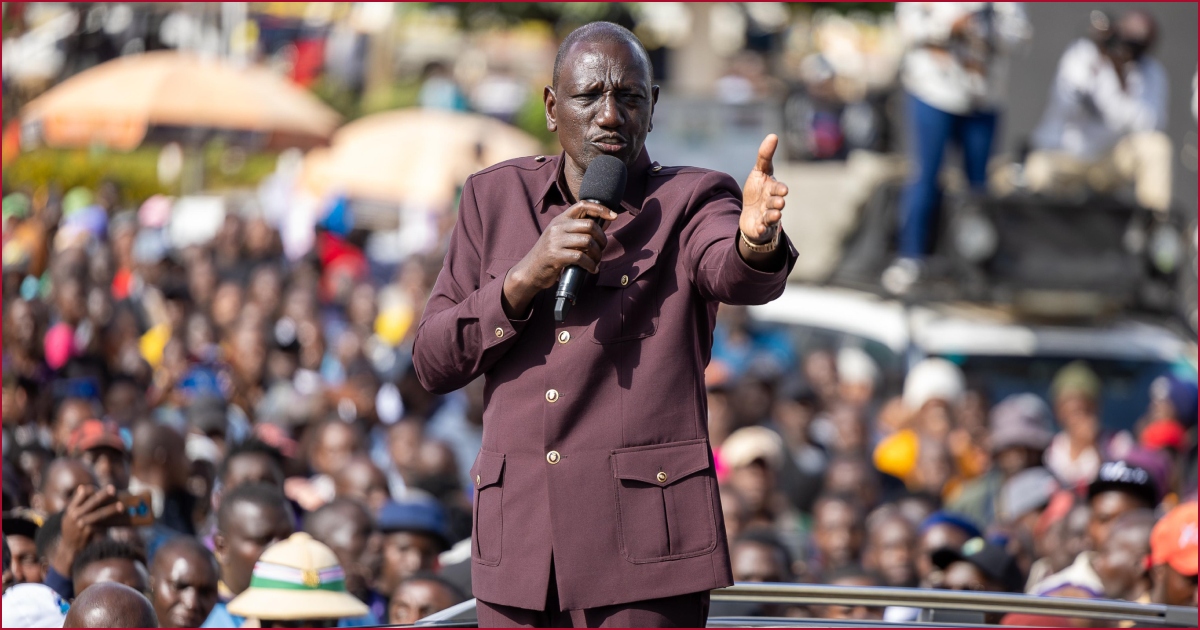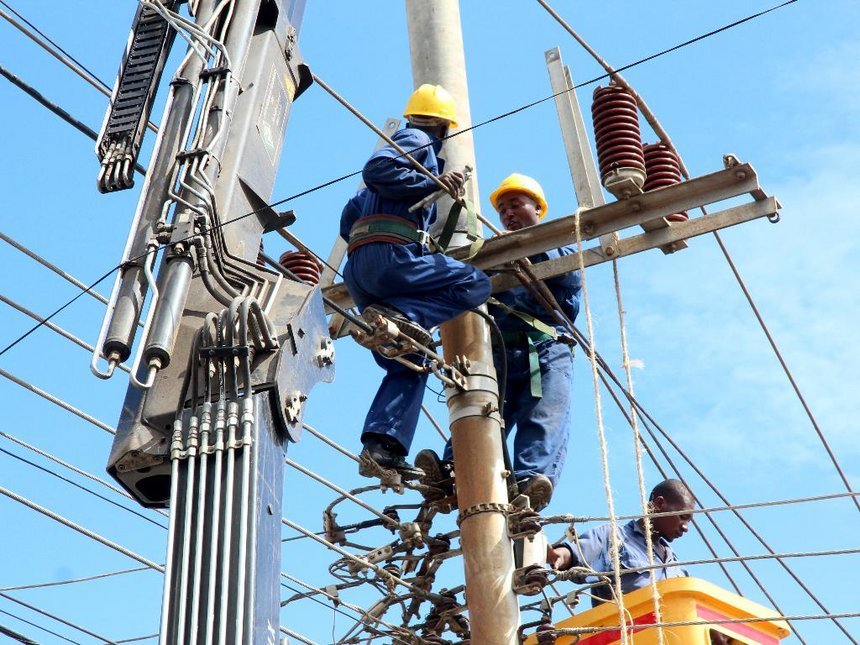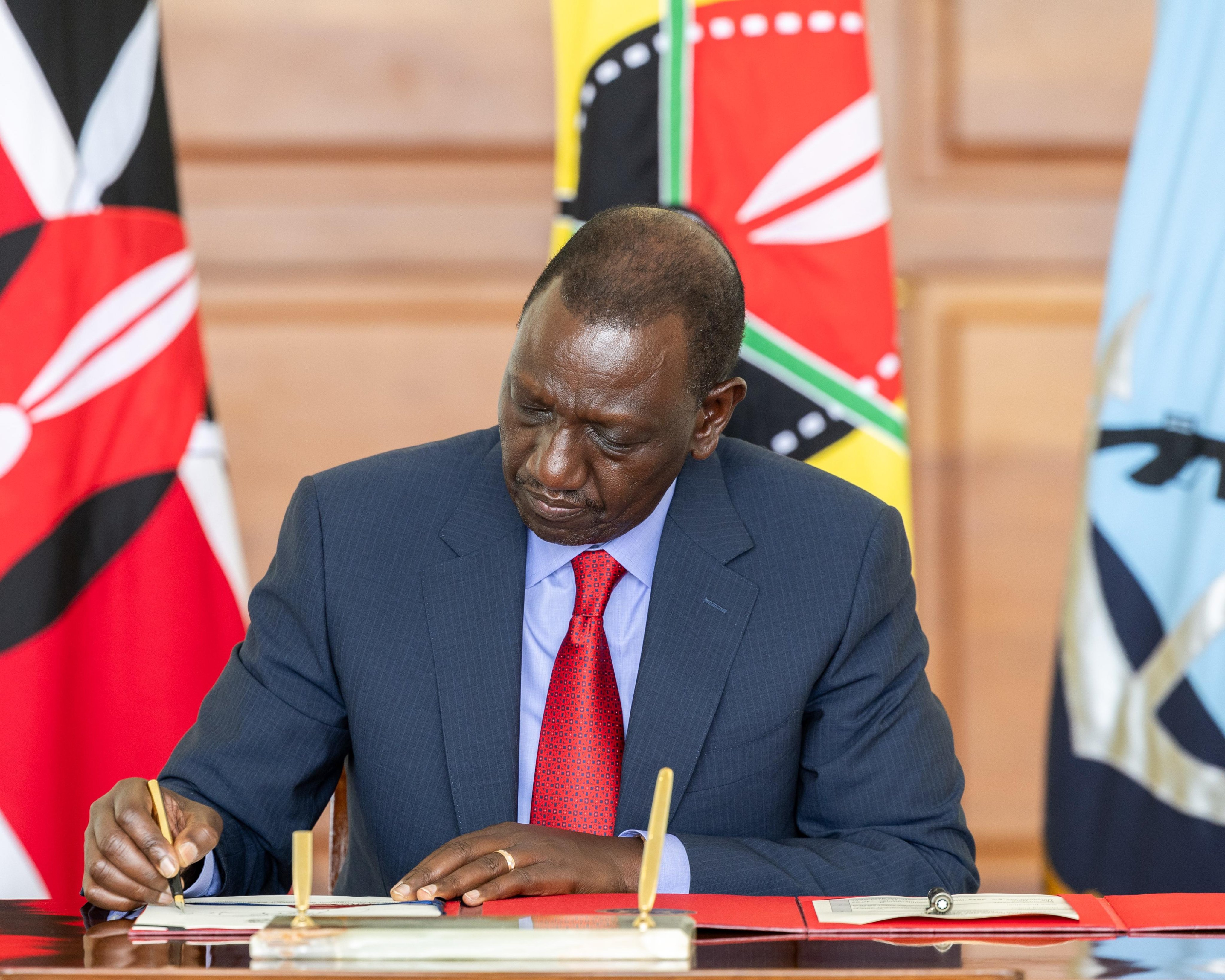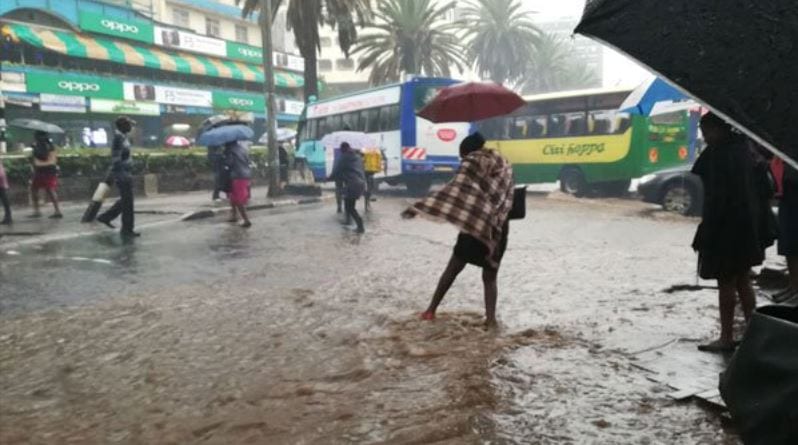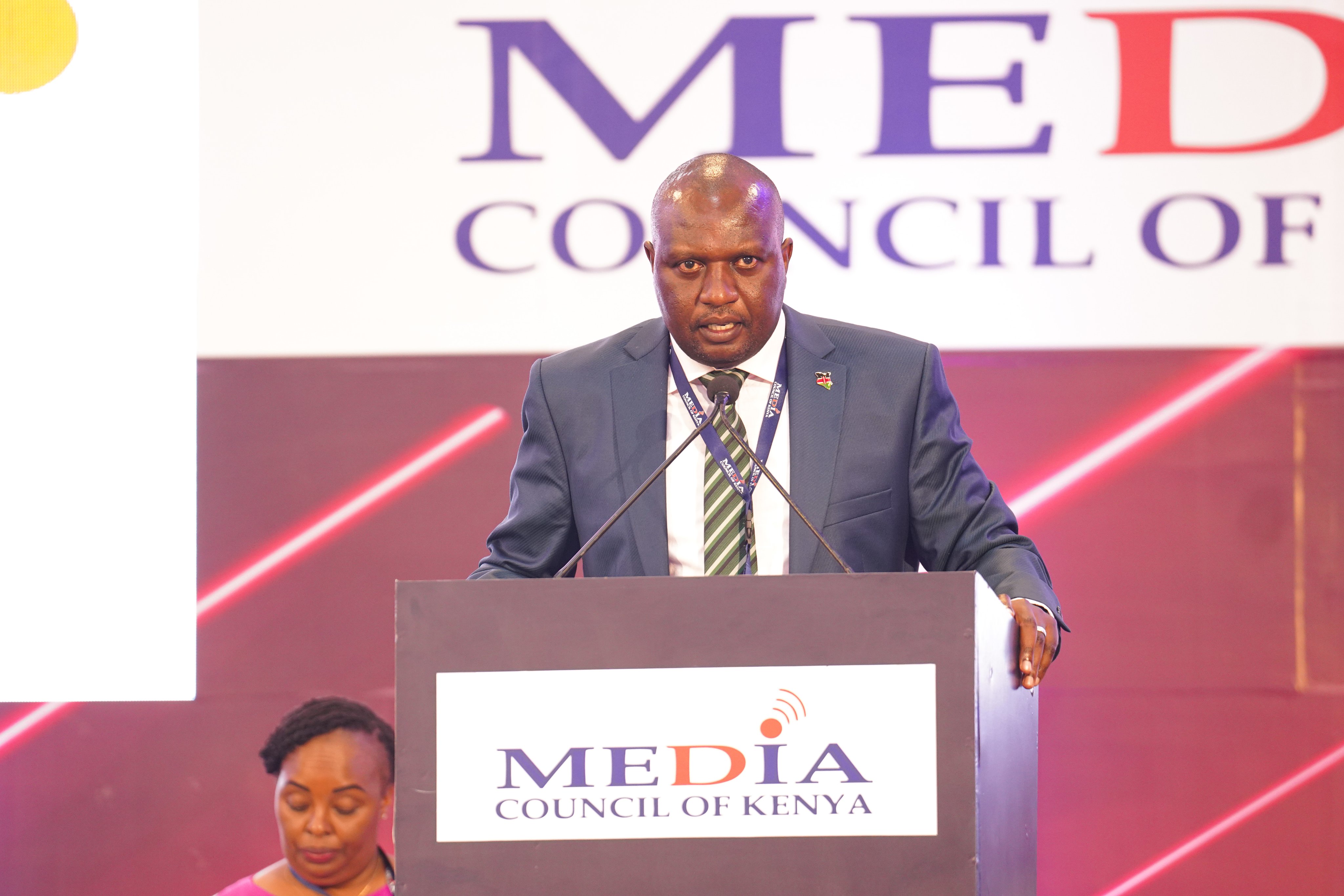President William Ruto has sanctioned administrative action against a host of government operatives in the energy sector regarding the Embakasi explosion.
The explosion at a gas plant in the area in the late evening of Thursday, February 1, left three people dead and over 270 with burn injuries of varied degrees.
Speaking in Kakamega on Saturday, February 3, Ruto suggested that the tragedy came about due to the laxity on the side of the officials charged with regularising operational licenses.
Ruto regretted that corruption superseded the safety of the people in the residential area adjoining the gas plant.
He therefore ordered their dismissal, subsequent arrest, and later their arraignment to face justice.
Read More
"In Nairobi the other day, there was an explosion causing severe burns to people and others dying due to laxity, dishonesty and corruption by government officers. I have instructed the Ministry that those responsible for issuing the licence for the plant to operate where it should not, be fired, arrested, and detained today," said Ruto.
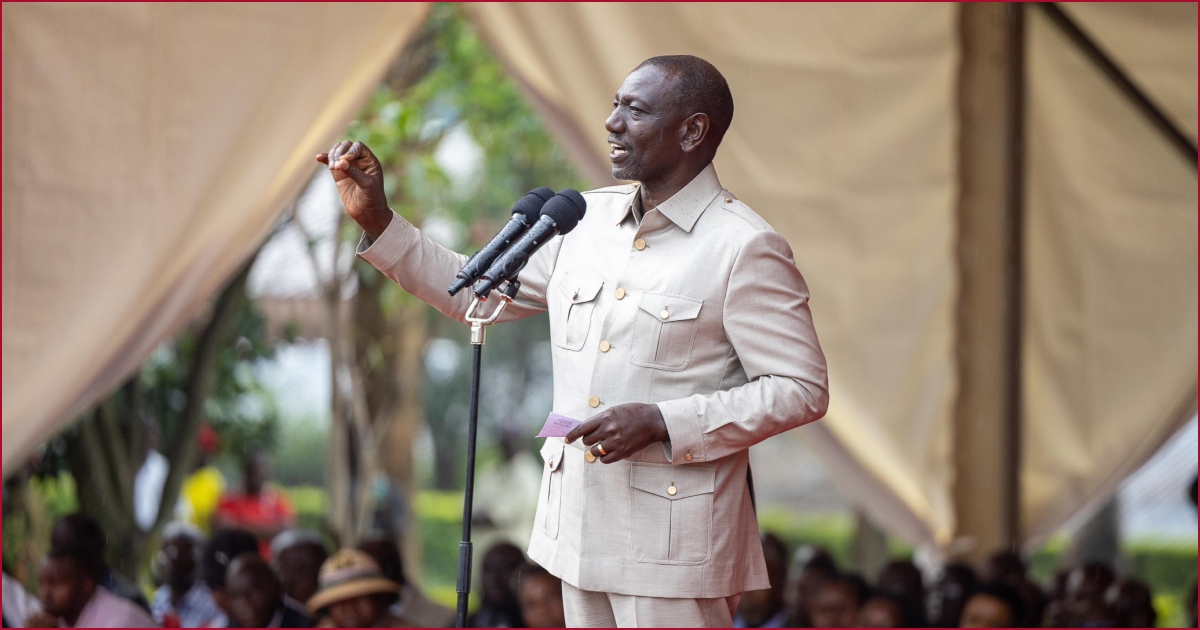
The president's pronouncement came a day after the Energy and Petroleum Regulatory Authority (EPRA) exposed the Liquefied Petroleum Gas (LPG) storage and filling plant at the centre of the explosion.
In a detailed statement, EPRA threw the company under the bus insisting that it did not meet the required standards to earn an operating licence.
EPRA declined to give the company an operating license due to its proximity to the residential areas as stipulated in its regulations.
"Applications for construction permits for a Liquefied Petroleum Gas (LPG) storage and filling plant at the site were received by EPRA on 19th March 2023, 20th June 2023, and 31 July 2023. All applications were rejected as they did not meet the set criteria for an LPG storage and filling plant in that area," the statement read in part.
"The main reason for the rejection was the failure of the designs to meet the safety distances stipulated in the Kenya Standard."
According to EPRA, they directed the company to o submit a Qualitative Risk Assessment, outlining the radiation blast profiles if an explosion occurs.
However, the company did not comply but instead went on to set up the Liquefied Petroleum Gas (LPG) storage and filling plant.
"The applicant never provided the requested QRA resulting in the rejection of the applications. Email correspondences providing reasons for the rejection were sent to the applicant," EPRA noted.
